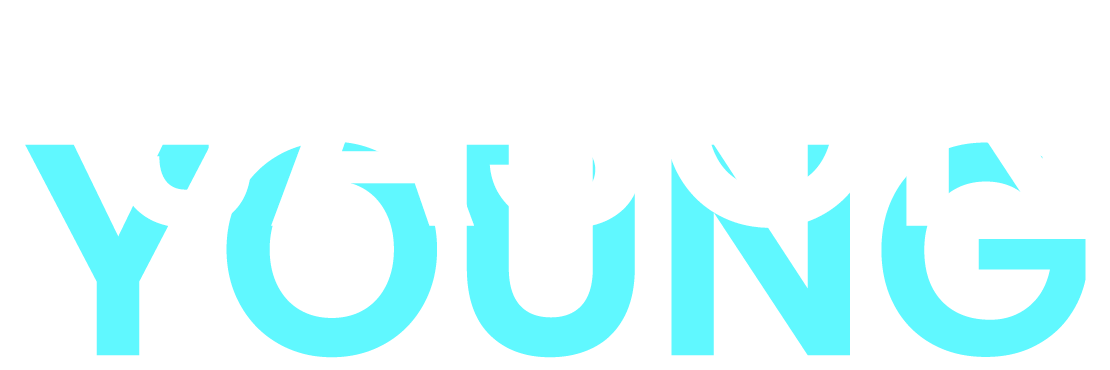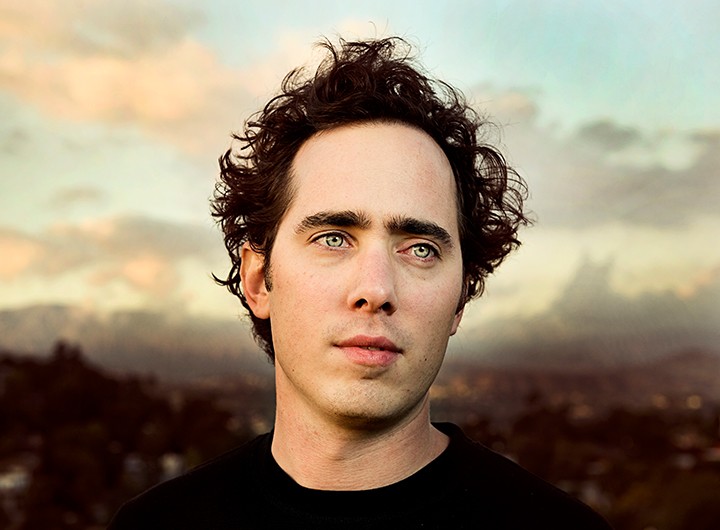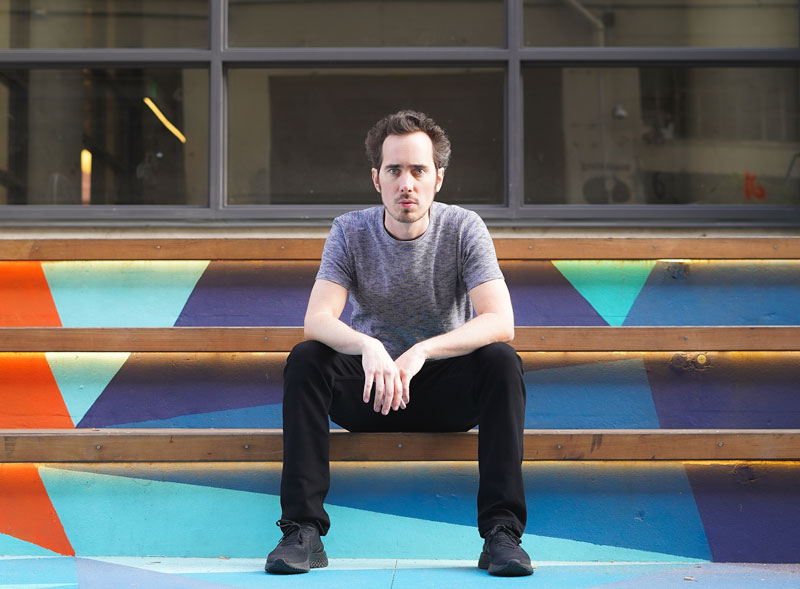

From there the ideas in that notebook began to take shape, away from the rock stylings of his day job with The Ruse to the more eccentric kaleidoscopic synth that became Heartour. A trip through electric dream pop guided by an artist beginning to see the upside of isolation.
In quick succession, Young pulled double duty, setting out to complete the albums that he sketched out initially, with Three dropping in 2003, Five in 2006, and Ate in 2009. It was on these solo records that Young began to solidify what Heartour would sound like, and the ways in which it would differ from his previous projects.

It’s been nine years since Young released his fourth and most recent album as Heartour, Submarine Sounds, but the intervening years have produced anything but downtime. Young’s other project, The Ruse, opened for Muse on three separate world tours. When the band took a hiatus shortly thereafter, Young decided it was time to go back into the studio and create something personal once again, and the dynamic electronic soundscape of the upcoming R U IN was born.

It’s fitting for an artist like Young that Heartour’s upcoming album, R U IN has a title with more than one meaning. Afterall, the name Heartour is a made-up word that has several words within it. It is one word, but pronounced “Hear Tour.” Young says, “I really like symbols and art that is kind of cryptic and can work on many levels.” R U IN, on the one hand, is a question, airy and inviting. But as with the music itself, that initial positivity gives way to something more complex and somber. It spells RUIN.


